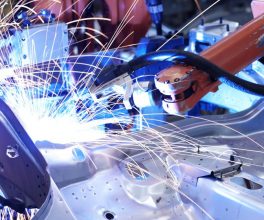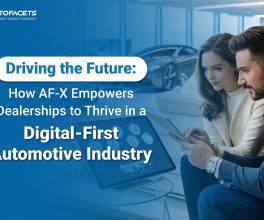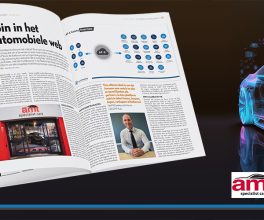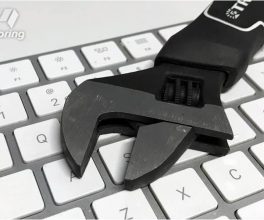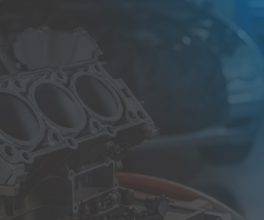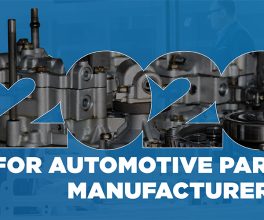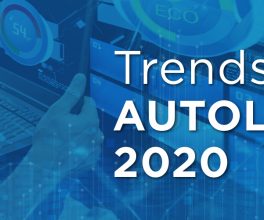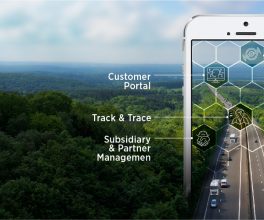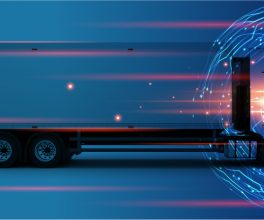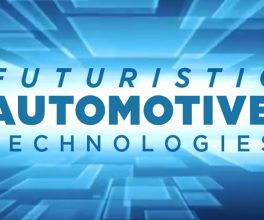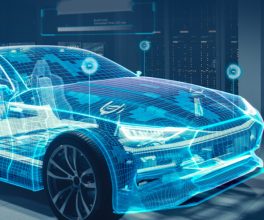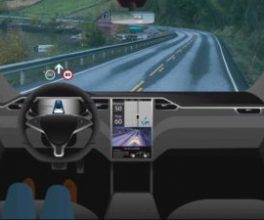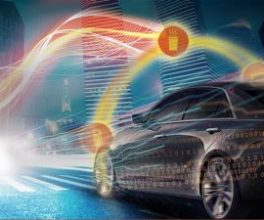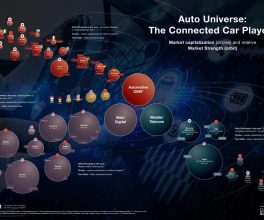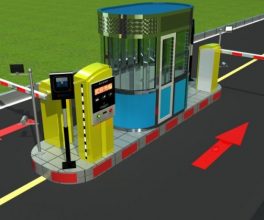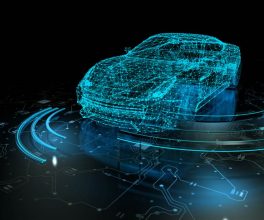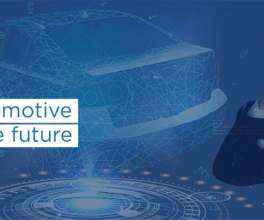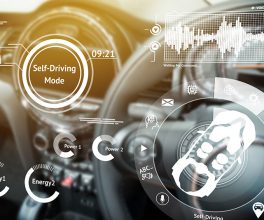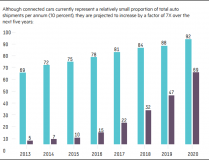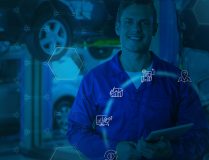Ask anyone in the automotive industry about the future of artificial intelligence (AI) and you’re likely to hear one thing: Driverless cars. Yes, the development and proliferation of driverless cars or assisted driving is perhaps one of the greatest innovations on the horizon in today’s automotive manufacturing industry. Yet even so, AI has the potential to impact the automotive manufacturing supply chain in equally profound and interesting ways beyond the idea of the driverless car. In fact, AI has the potential to be a truly disruptive force in the way automotive manufacturing companies produce vehicles and how the consumer interacts with the end product.
With AI as an increasingly common technology platform, the automotive industry is set to experience significant changes in the coming years in terms of production and supply chain management. As vehicles become more integrated, individualized, and complex, manufacturing companies will have to leverage more lean methods of production and supply chain logistics to keep pace with the demands of such a variant-rich industry.
With this in mind, let’s examine the future of artificial intelligence in the automotive industry and how AI has the potential to change the game in terms of production, supply chain management, and customer relations.
Internet of Things
By the year 2020, industry analysts estimate more than 250 million vehicles will be connected to the internet. These vehicles will be equipped with a myriad of sensors, embedded connectivity platforms, geo-analytical capabilities, and other methods of incorporating Big Data as a baseline of operations. As such, the Internet of Things principle will become a critical link in integrating these disparate systems into a unified operating platform.
What does this mean for automotive manufacturing companies? It means manufacturers will have to work more closely with software developers and other players in the software industry to successfully integrate these smart systems into new vehicles and ensure effective communication between these systems. This means the potential for new partnerships and an expansion of existing partner networks, which can result in exciting business opportunities but also more complex networks with new partners in disparate parts of the world.
For consumers — and to some degree automotive manufacturing companies as well — the proliferation of IoT in the automotive manufacturing sphere means:
- A smart, integrated way of monitoring the condition of a vehicle and assessing when repairs or replacements of component parts are needed.
- Data from sensors and other input methods sent directly to manufacturers so adjustments or tweaks to operational systems can be made in future production programs.
- Fleets of vehicles can be managed more efficiently and reports on fuel usage can be generated and shared in real-time.
- Dealers and manufacturing companies can diagnose issues and prescribe repair options without a customer physically visiting a repair shop.
- Smart sensors can detect potential health or impairment issues with drivers and summon essential personnel to protect the driver and other motorists.
Machine Learning
AI enables software systems and other operational platform to engage in machine learning whereby systems essentially mimic the ways in which humans learn and intake data and other sensory input. This means software systems are given data or other inputs and learn from experience how to effectively sort and structure this data to provide the user insights or windows into any given element of production or operation. AI drives machine learning which has the potential to create truly responsive systems in which software can aid drivers given certain situations or elements (weather, driving conditions, road conditions, etc) or respond to disruptions in vehicle operation such as traffic jams, or disrupted driving routes.
What does this mean for automotive manufacturing companies? This means manufacturers can gain valuable insight into what consumers want or need based on advanced, detailed reporting gathered and distributed by AI via machine learning. For example, AI via machine learning could help automotive manufacturers engineer a better windshield with enhanced sightlines if reporting shows drivers are using their headlights during off-hours.
For consumers, as we discussed a moment ago, this means a more robust driver-assisted operational platform, but also a more integrated, intelligent set of software systems designed to make the driving experience as optimized as possible.
Cloud-based Intelligence
Imagine a scenario where you’re driving past a supermarket and you receive a notification on your vehicle’s dashboard screen that alerts you to certain items you need to pick-up from the supermarket. In this example, your vehicle is probably connected via IoT to your smartphone which contains a grocery list or even your refrigerator which digitally keeps track of the items in your refrigerator and their condition. This may sound like something out of a science-fiction story, but cloud-based intelligence and the sharing of information and data between connected systems is quickly becoming a reality thanks to AI.
Cloud computing and cloud-based intelligence via AI has the ability to integrate many of aspects of a consumer’s life via their vehicle. Big Data, advanced analytics, and other top technological platforms are already coming together via AI to help automotive manufacturing companies produce vehicles that essentially act as a command center for all things driving-related. For example, cloud-based intelligence via AI has the potential to allow drivers to place a take-out order at a restaurant based on their location or projected driving route to allow motorists to place their order well ahead of time.
What does this mean for automotive manufacturing companies? This means automotive manufacturing companies will need a deeper understanding of their customer base in order to incorporate the right software systems for a truly integrated driving experience. Gone are the days when automotive manufacturing companies simply select features or applications based on guesses about what a customer might want. With AI, automotive manufacturing companies will have the real-time data and feedback to gain a deeper understanding of customer wants and needs to best meet consumer demands.

